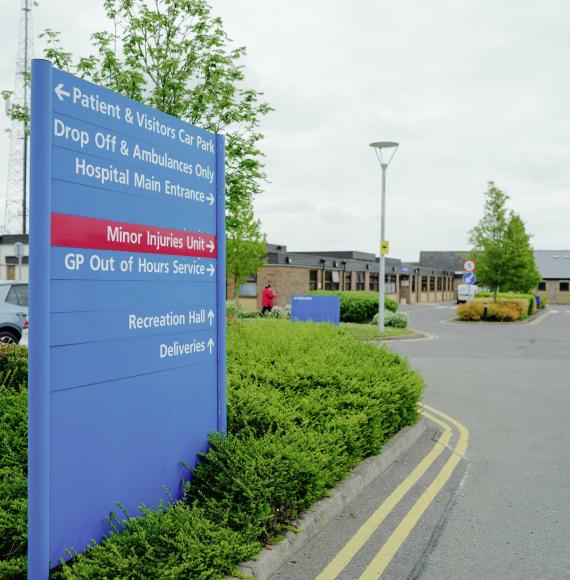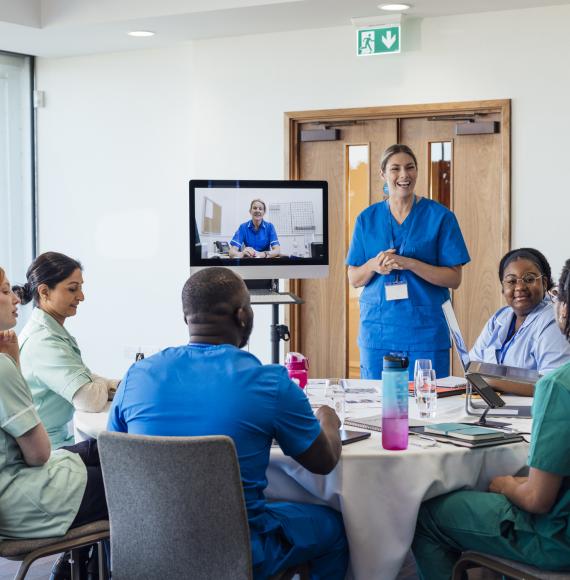A number of the medical royal colleges have joined the British Medical Association (BMA) in warning of a potential recruitment and retention crisis among England’s consultant workforce.
The calls follow the publication of a new report, Consultant workforce shortages and solutions: Now and in the future, which outlined the challenges to consultant recruitment and potential short, medium and long-term solutions to the current trajectory.
Seven colleges and the Faculty of Intensive Care Medicine have joined with the BMA in calling on the UK Government and employers to take immediate action to address what they describe as a ‘perfect storm’ of challenges which threaten to exacerbating existing staffing shortages among senior clinicians.
Steps identified in the report to help the potential risk of consultant recruitment and retention issues include addressing inequalities in pension allowances, real-term pay erosion and the gender pay gap, as well as ensuring consultants have greater say in job planning and access to flexible working arrangements.
The seven medical royal colleges to back the BMA calls, alongside the Faculty of Intensive Care Medicine, are:
- Royal College of Anaesthetists
- Royal College of Obstetricians and Gynaecologists
- Royal College of Paediatrics and Child Health
- Royal College of Physicians
- Royal College of Psychiatrists
- Royal College of Radiologists
- Royal College of Surgeons of England
BMA Consultants Committee Chair Rob Harwood, in launching the paper, said: “The NHS was facing a huge workforce crisis long before Covid-19, with hospital consultants choosing to retire earlier, a significant proportion reaching retirement age, and a growing trend of younger doctors already deciding they’d had enough.
“We’ve reached a position where every consultant is more precious than ever, and in the face of an unwavering global pandemic, everything must be done to retain and recruit more doctors as a matter of urgency, not only to help in the fight against Covid-19, but also the immense backlog created as a result of the virus.
“It’s not just the BMA who has highlighted these problems, but a gamut of some of the country’s most respected medical bodies and the Government must listen. It is crucial that our recommendations are thoroughly considered, and detailed plans are drawn up to address this crisis both for now and in the future.
“Without that, we risk creating an NHS that no one wants to work in, the consequences of which are potentially catastrophic.”



















